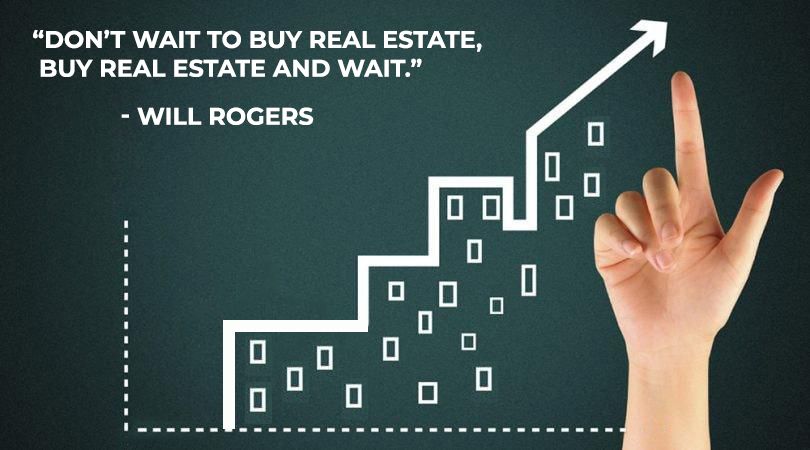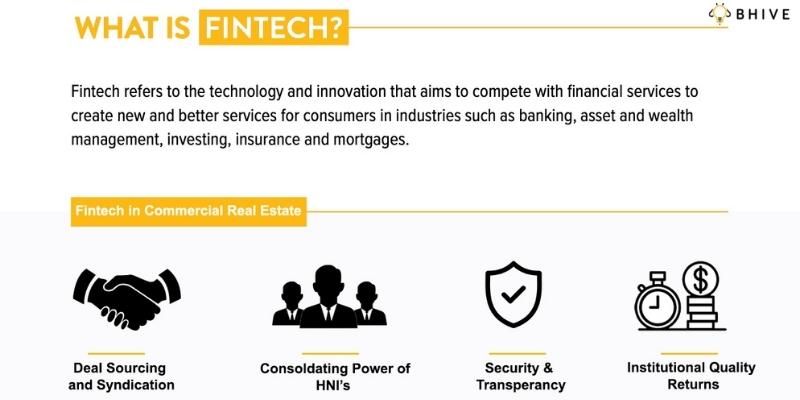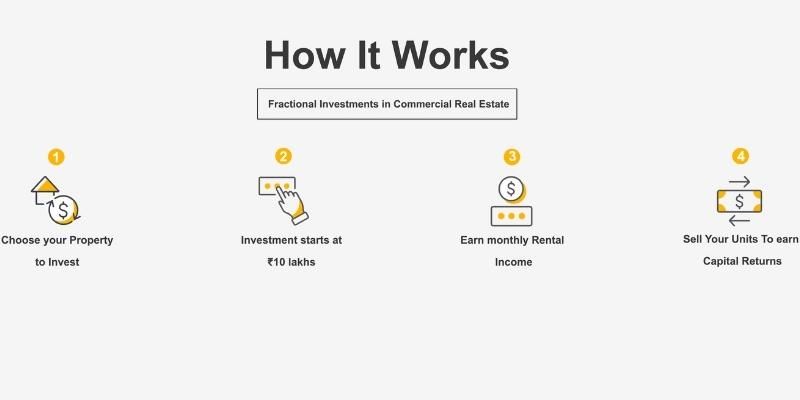Technology and innovation have created new business models and opportunities. The smartphone in our pockets is one of the most voracious business killers out there. Today, if you look closely at your mobile screen and analyse the different icons, you will realise that each of them may have led to the death of business as usual for a full industry. Both products and services are equally susceptible to this carnage.
For example, the innocuous-looking camera icon has almost completely annihilated the physical camera and film roll industry. The Inshorts icon and its ilk are responsible for massive bankruptcy and consolidation of the print media. Apps like Spotify and Netflix are turning the entertainment industry (across the production and consumption of content). Not too long ago (in the times of Harshad Mehta), the sale and purchase of shares that happened offline was cumbersome, costly, and susceptible to manipulation. Today, apps like Zerodha have made it easy and (almost) zero cost. These apps have been able to change the world as we know it. They are ubiquitously available on the Play Store in a democratic manner to massive swathes of consumers, hence bypassing the traditional monopolistic distribution gatekeepers like banks, stock exchanges, trust conglomerates (think Tata, Birla, etc).
Ever wondered why a brand like Tata is on more than 100 products and services? This is because, in the pre-information technology era, the only way to establish credibility was through lineage. However, with online ratings and the massive virality of 'word of mouth', nimble and efficient startups can achieve scale and size rapidly, thereby completely disrupting the existing industry setups.
Democratising the real estate industry
Change however does not happen overnight or in isolation. An entire ecosystem of enablers works in concert to make it happen. Just two decades ago, booking a railway ticket was a nightmare. Buying groceries online was unimaginable. Today, this is a reality only because of various simultaneous incremental improvements in things like internet speed, delivery and logistics operations, Google Maps, payment gateways, smartphones, etc.
One industry that still remains opaque and illiquid is real estate. While listing platforms have existed for a while, transactions are still offline. The paperwork is humungous and cumbersome and title provenance is suspect. Buyers, sellers, and intermediaries operate in an environment of distrust with each other. The winds of disruption though are not far away.

Players like BHIVE are democratising another large industry – real estate – which in some estimates is worth $228 trillion worldwide. Indians are savers and till now largely invested in physical assets like gold and real estate.
According to the RBI report on Indian Household Finance, 84 percent of the wealth is in real estate and 11 percent is in gold. Pension wealth is extremely low and equity participation is minuscule due to trust issues. Less than 2 percent of Indians have ever invested in equity markets. Real estate investment trusts (REIT) are a great way to participate in real estate but unfortunately are part of the same minuscule capital markets where the common Indian does not participate.
Going beyond traditional investment routes
In today’s scenario, it is surprising to see Indians invest in low yield FDs, gold, and low rental yielding residential properties. Beyond the primary residence, people were investing in second/third apartments to rent out. But the returns are a paltry 2-3 percent. The same investment in Commercial Real Estate (CRE) can give ~ 8-12 percent rental returns and also long-term capital appreciation.
You will be surprised to know that the largest commercial real estate investors in India are global pension funds, international insurance companies, and foreign sovereign wealth funds. According to a report by FDI India, real estate investment saw a nine-fold increase and reached a valuation of $1.35 billion. The report further suggests that despite the second wave of the pandemic, the sector saw $2.7 billion in investments in the first six months of 2021.

However, the Indian middle class has not been able to participate since the ticket size of each investment runs into many crores. Also, smaller investors may find CRE difficult to manage. With the entry of many fintech startups offering fractional investment in CRE, India’s middle class and High Networth Individuals (HNIs) are now able to invest in this high-yield, low-risk real estate category which is transparently giving phenomenal returns.
Indian retail investors are now able to participate in specific commercial properties in a particular location of their choice. Through technology, they get access to complete information on rents, occupancies, collections, costs, etc. Instead of purchasing a difficult-to-manage apartment in Koramangala, they can deploy their capital in an office building that generates ~ 8-12 percent net rent after all expenses. Moreover, the underlying real estate will also appreciate over time. All of this is available at a click of a button through the BHIVE App now live on Google Play and Apple App Store.

Globally, Fractional Real Estate (FRE) is an established category of fintech and has created many unicorns in the USA, Europe, and Australia. FRE benefits from innovations in legaltech and regtech. India is advancing faster than global tech hubs due to numerous proactive government e-initiatives. Technologies like digital IDs, Aadhaar-based signatures, robust AML aioudits, automated RoC filings, property title records on the cloud and online KYC checks enhance the prospect for transparent market liquidity, convenience to buyers/sellers and rapid scaling up for innovative startups.
